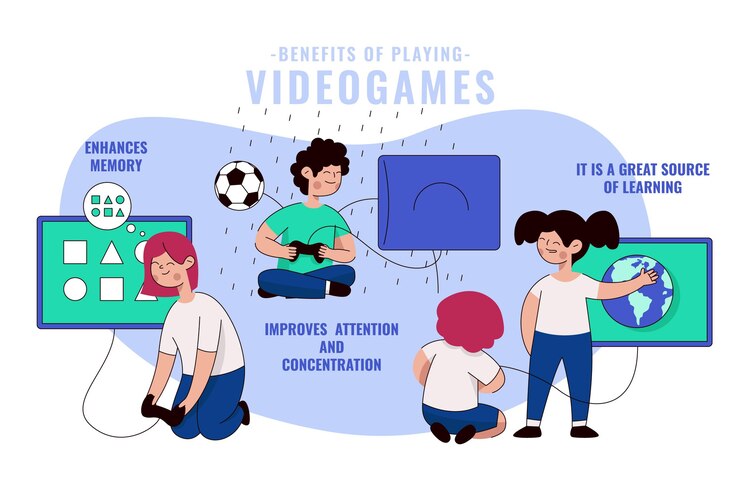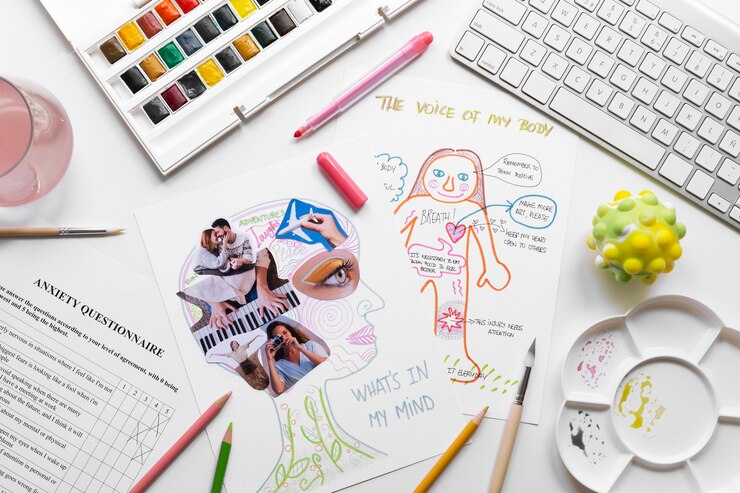
Inside: These 8 types of play are crucial for every child’s growth and contribute significantly to their emotional well-being.
Table of Contents
How seriously do you take your child’s playtime? If we’re being honest, many of us probably don’t give it the importance it deserves. Overlooking the crucial role that play has in a child’s life does them a disservice. When play isn’t recognized as the vital developmental tool it is, you might not prioritize it properly.
You might think that filling their schedules with academic activities and organized sports is easier, more predictable, and perhaps a fast track to success in life. You might consider free play too disorganized or chaotic. You risk viewing your child’s playtime as optional rather than essential.
In simple terms, play is how your child learns nearly all the vital skills needed for life. Building a strong foundation of social and emotional skills is critical to your child’s future relationships, self-esteem, and confidence. It’s time to give play the priority it deserves.
During their early childhood years, kids can cultivate a robust social-emotional framework through various forms of play. It might surprise you to learn there are many types of play, each playing a key role in developing your child’s life skills.
What’s truly amazing is that experts have found kids often engage in the types of play they need at various stages of their development. This perfectly aligns with Fred Rogers’ insightful quote, “Play is often talked about as if it were a relief from serious learning. But for children, play is serious learning. Play is really the work of childhood.”
By simply providing your kids time and space to play, they’ll naturally engage in the kinds of play that will help them grow and thrive. These seven types of play can be particularly enriching for cultivating crucial social and emotional skills like communication (listening skills), emotional intelligence (managing emotions healthily), confidence (self-direction and perseverance), and self-control (holding back impulses for greater good).
I bet you’re starting to see play in a new light! When you understand these seven types of play, you’ll recognize the important development happening for your child.
When children play solo, they gain valuable opportunities to practice leadership skills, such as self-identity and self-confidence. Solitary play lets them take charge and put their ideas into action, building qualities like independence and self-contentment, which lay the groundwork for healthy relationships later on.
Messy play is another important type of play that enhances social and emotional skills by fostering self-control and emotional regulation. By engaging with materials like dirt, sand, and slime, kids develop sensory processing skills and strengthen their nervous systems. Exposure to a variety of sensory experiences helps their brains adjust to new sensory inputs they encounter at school and elsewhere.
I can vividly remember engaging in dramatic play, like playing ‘house’ with neighborhood kids in a friend’s basement. Dramatic play allows kids to experiment with roles and personalities and navigate real-world scenarios in a stress-free environment. Young children might not have the capacity for self-reflection, but dramatic play lets them explore their thoughts and emotions about real-world situations like visiting the doctor or being part of a family.
Physical play and exercise are consistently shown to benefit social and emotional well-being. Exercise increases brain blood flow and oxygenation, enhancing neural connectivity and nerve cell growth in the hippocampus—where learning and memory occur—ultimately improving attention, memory, brain activity, cognitive function, mood, and stress management.
From infancy, children use their senses to learn about the world. Sensory activities build critical neuropathways to help them manage sensory experiences throughout life. Sensory play can also be incredibly soothing, helping regulate your child’s nervous system. Introducing a range of sensory experiences strengthens their ability to filter out distractions and focus on what’s important.
Cooperative play is when children start to play together after initially playing alongside each other. Board games are a great example, offering opportunities to practice problem-solving, communication, and conflict resolution.
Symbolic play is when children use an object to represent something else, serving as a therapeutic outlet. In play therapy, symbolic play allows children to project their vulnerable thoughts and feelings onto something else safely.
Play shapes who your child will become, and your role is simple: provide the time and space for their play and emotional development to flourish.
This post includes a free printable daily check-in worksheet to help your child communicate their feelings and thoughts, keeping their emotional health a priority.
Want to empower your child with essential life skills? Join 30,000 other parents who receive the Parents with Confidence weekly email. You’ll also get a free 5-day email parenting course, where you’ll learn:
* The best way to protect your child’s self-esteem
* How to gain your child’s cooperation effectively
* The most valuable skill a child can have for the future
* How to discipline without causing emotional harm
We won’t send you spam. Unsubscribe at any time.
Other articles you might enjoy:



